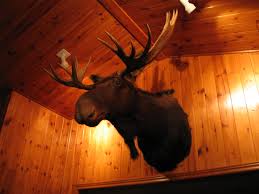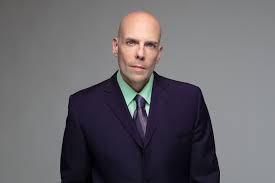
In some ways we are as advanced and as sophisticated as we think we are, but in many ways we remain, as Jane Kenyon puts it, “primitives.” That is, we are as the human race always has been and always will be.
In literature, the definition of “classic” is debatable, but one point seems to meet with agreement: time is not of the essence. Because, if a written work is a classic, it will read as new 500 years from now as it does today.
Shakespeare may not have been aware of this, but readers since his death are. His work traded in basic human emotions, and with that “primitive” stroke, gave many of his plays the gift of immortality.
In her poem “The Blue Bowl,” Jane Kenyon keeps it simple. She buries her cat the old-fashioned way—no coffin, no insurance policy, no service with words of any sort. Just sand and gravel. And a blue bowl, like a sword or talisman buried beside a Viking warrior.
The Blue Bowl
by Jane Kenyon
Like primitives we buried the cat
with his bowl. Bare-handed
we scraped sand and gravel
back into the hole.
They fell with a hiss
and thud on his side,
on his long red fur, the white feathers
between his toes, and his
long, not to say aquiline, nose.
We stood and brushed each other off.
There are sorrows keener than these.
Silent the rest of the day, we worked,
ate, stared, and slept. It stormed
all night; now it clears, and a robin
burbles from a dripping bush
like the neighbor who means well
but always says the wrong thing.
The death of a pet will not haunt you like the death of a family member or spouse, no. But it will stay with you for a few days, making that final simile spot-on.
But robins are brown-vested Buddhists living in the present, not sentimentalists paying homage. Not to cats and blue bowls.
The poem is written. Life goes on.








